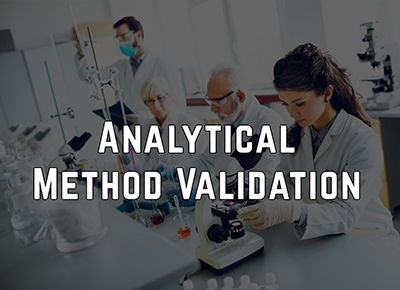3-HOUR VIRTUAL SEMINAR ON ANALYTICAL METHOD VALIDATION AND TRANSFER
🎤 Kelly Thomas | 📅 Recording Available | 🕒 3 Hour
Description
Learn how to perform QC analytical test method validations and transfers with our comprehensive course. The validity of data generated through analytical methods is crucial in pharmaceutical drug development and marketing. Regulatory authorities such as the FDA, ICH, and USP have recognized this importance and expanded method validation requirements. However, the lack of clear guidance has left the industry struggling to comply with regulations. Our course offers a comprehensive overview of international regulatory requirements and expectations for test method validation, ensuring that you can meet compliance standards and make informed business decisions based on reliable data.
Why You Should Attend:
Gain essential knowledge and tools for planning and executing test method validation packages in NDA, BLA, and MAA market applications with our upcoming session. Our course covers in-process, release, and stability assays commonly used by QC, providing a comprehensive review of regulatory guidelines on method validation and transfer. We discuss each element required for a complete and thorough method validation in detail, ensuring that attendees have a clear understanding of the requirements. In addition, we cover validation protocol requirements, selection of appropriate acceptance criteria, and how to choose suitable statistical calculations for reporting and interpreting data during the webinar session.
Who Should Attend:
- Quality Assurance Departments
- Quality Control Departments
- Regulatory Affairs Departments
- Validation Departments
- Analytical Development Teams


